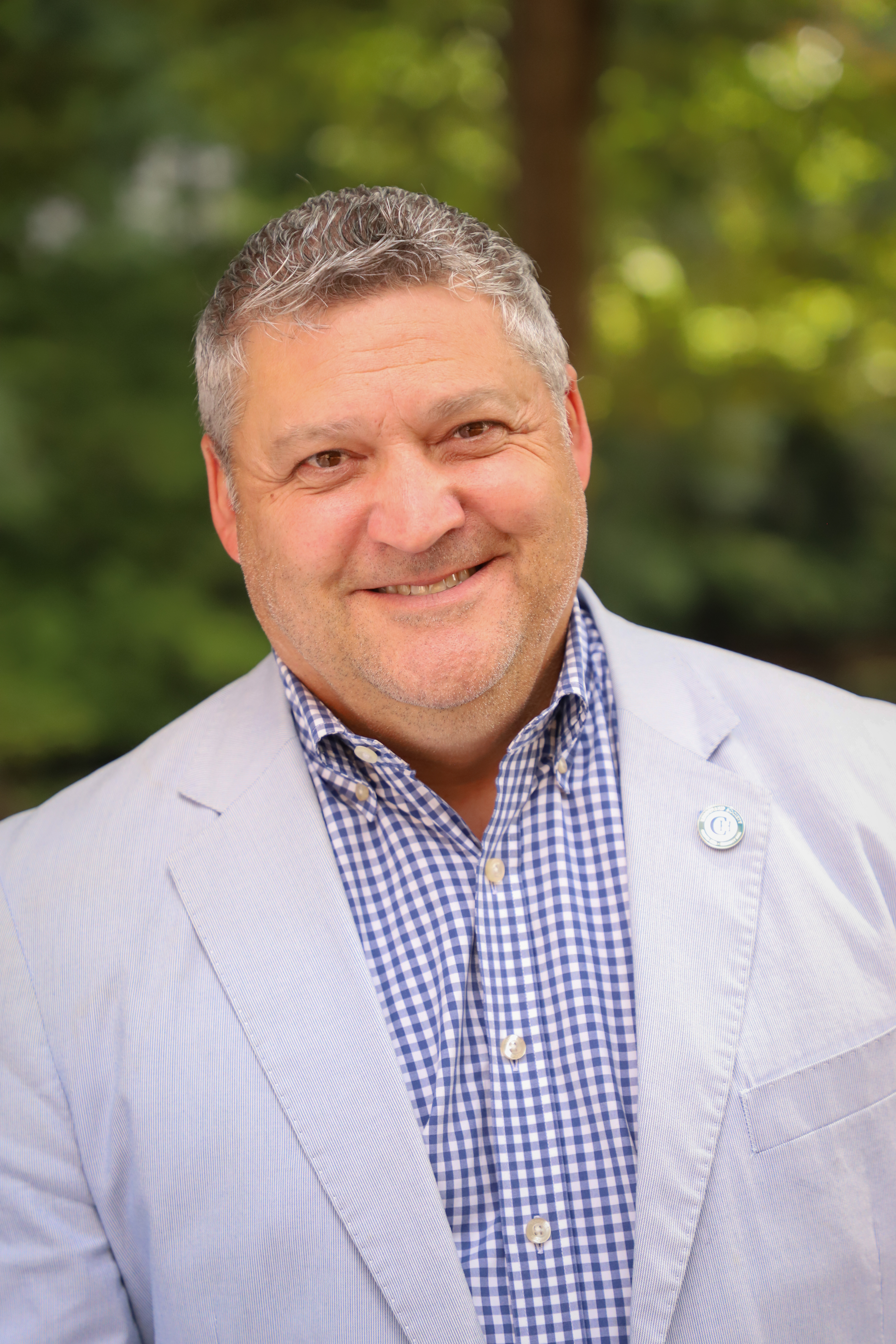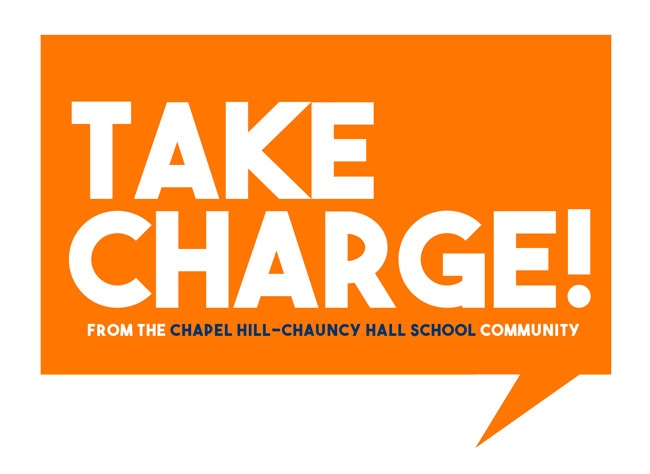As lead learner at Chapel Hill-Chauncy Hall School, I am forever absorbing and reflecting on the various teaching and learning practices around our community. Teaching and learning not simply in the classroom environs, but also in our Co-Curricular programming, Student and Residential Life programs, and even in our school operation spaces. Simply asked, how can we better engage and seek greater learning and meaning from the moments we nurture throughout the day and each week? What reflective practices are we committed to as individual learners, as well as a school community?
-1.png?width=1100&height=600&name=Blog%20Title%20(3)-1.png)
In December 2022, I had the fortunate opportunity to teach a three-week unit to our AP U.S. Government & Politics students, a group of 10 seniors knee-deep in the college selection process and only five months short of graduation. It was clear from the moment I stepped into the classroom that there was a lengthy continuum of interest in the course material, as well as my presence in the classroom as the proverbial “sub” covering class between fall and winter breaks.
Our topics included public policy, American political parties, and modern domestic policy. The American political landscape is rich and robust in these newsworthy areas these days. It requires all of us to sift through online (mis)information and determine source validity and context/perspective as part of the critical analysis pursuit. And the online options seem to be endless with the surge in social media layered on top of traditional news media and dynamic multi-media content.
In this moment, I am reminded that traditional teaching and learning spaces are simply more complex and challenging than they ever have been before. This not only leads me to contemplate my own pedagogical practices as an occasional classroom teacher but, more importantly, how should our school community be embracing alternative avenues for teaching and learning that better leverage contemporary resources and an increasingly diverse student body (in every sense of the word)?
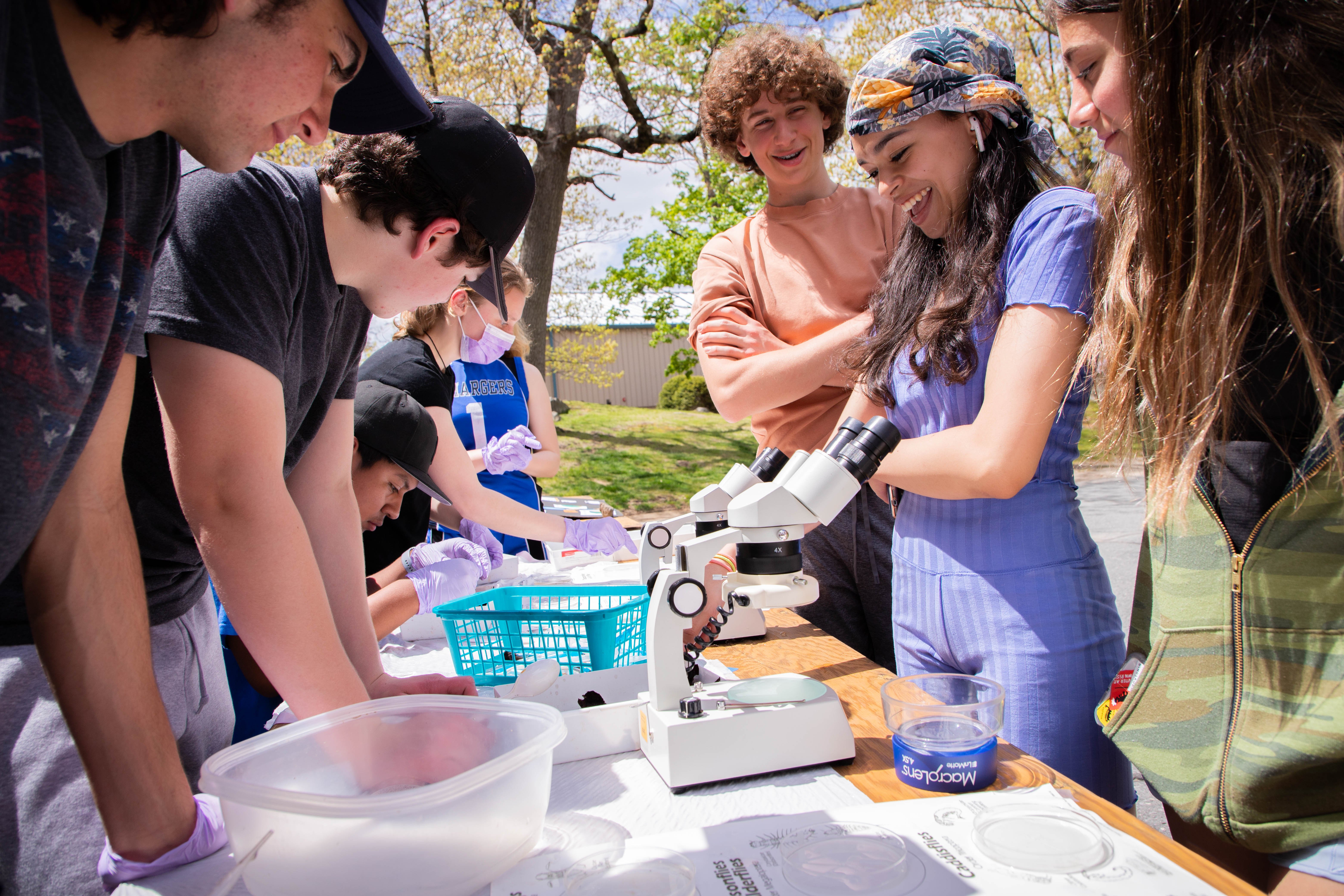
I recently came across an interesting exchange between the outgoing President of the National Association of Independent Schools (NAIS), Donna Orem, and an educational leader in the independent school space, Tyler Thigpen. For the purposes of this piece, Thigpen’s work as the founder and executive director of the Institute for Self-Directed Learning, as well as previous work at Transcend, a nonprofit focused on school design, provides credibility to what he describes as a rapidly changing educational landscape, one that opens up opportunities for independent schools today. Specifically, Thigpen, “see(s) emerging school types as falling into five different approaches:
Pedagogical: Schools in this modality closely link 21st century education implementation with robust delivery of a particular pedagogy. Educators working in these schools believe that students best learn when they develop breadth and depth of prior knowledge and provide opportunities for students to practice applying that knowledge in a variety of situations.
Capstone: These schools have students participate in substantial projects, often self-directed and with public presentations, that require them to draw upon, demonstrate mastery of, and apply content learned in traditional classes to solve a problem, make an argument, defend a thesis, complete a venture, or make a product. Educators in schools with this orientation believe that empowering learners with genuine autonomy fuels students’ feelings that they are in control of their learning and advancement.
Personalization: These schools make individual students’ learning preferences and pathways the focus. These schools are often competency-based, emphasize social and emotional health, and orchestrate learning environments where students learn at their own pace. Educators in these schools believe that learning environments are organized optimally when students are able to progress through clearly defined goals with constant assessment; have a customized path that responds and adapts to their individual learning progress, motivations, and goals; and have access to up-to-date records of their individual strengths, needs, motivations, and goals.
Career-based: Schools in this mode position real-world internships as integral components of the school week. Educators working in these schools greatly value students’ sense of belonging, especially in a career context. For them, developing a sense of belonging (“I belong to this work community”) helps students develop a stronger, more connected sense of identity, thereby helping them to be more willing to adapt to norms and apply effort to tasks.
Curricular: Schools with this focus incorporate 21st-century themes—such as global competitiveness; science, technology, engineering, arts, and math (STEAM); international cultures and/or languages; the environment; or social justice—into nearly every facet of the learning experience. A key belief of educators in these schools is that students addressing real-world scenarios in an integrated way, across contexts, and in authentic settings will help with generalizability and knowledge transfer.
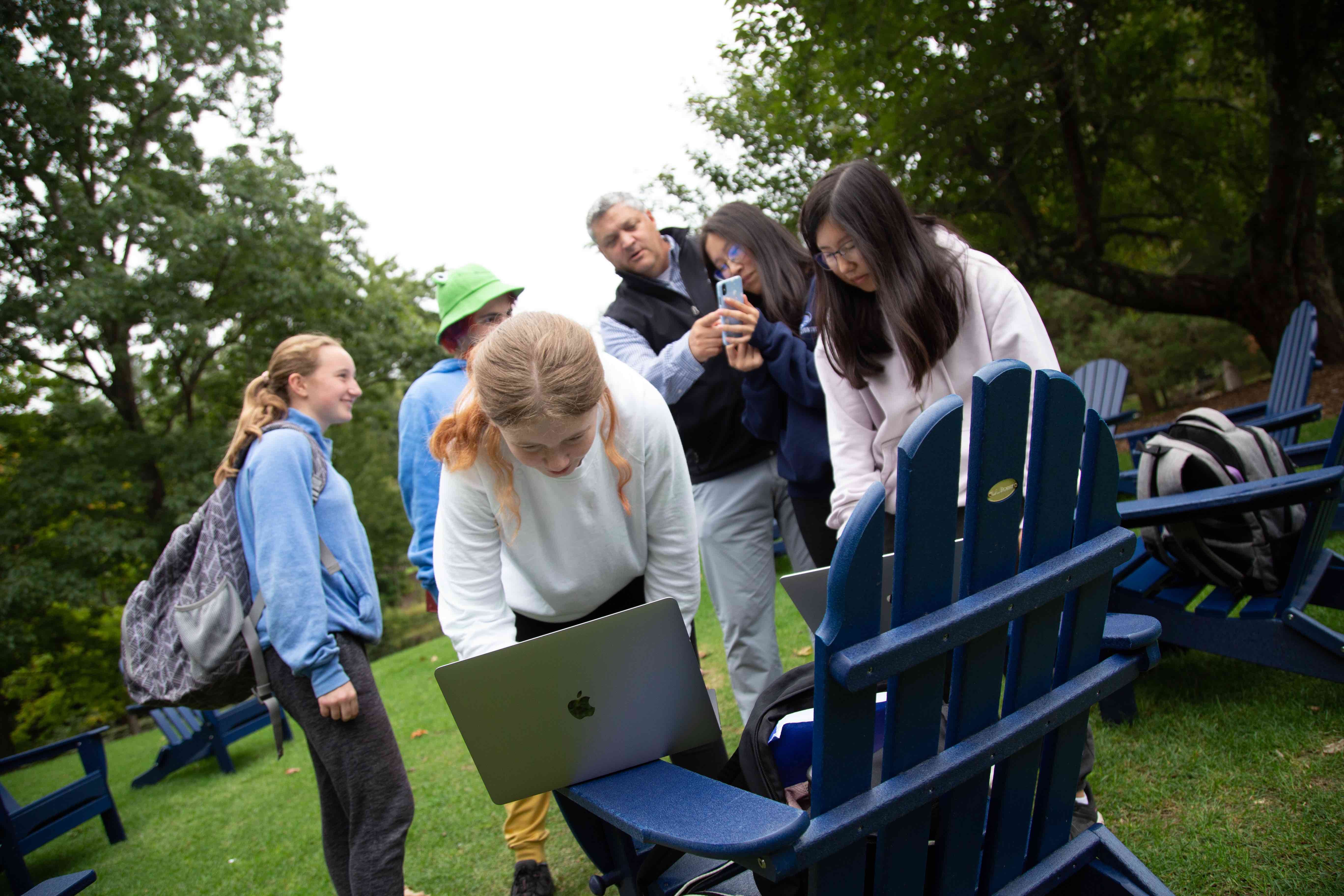
At Chapel Hill-Chauncy Hall, it’s not an “either/or” proposition. Instead, we pride ourselves in the power of “and”. What makes our school incredibly dynamic and effective is that we allow our educators to engage in various pedagogical and learning models throughout the academic year that will best leverage student interests, abilities, passions, and aptitudes.
All five of the aforementioned approaches have been, and will continue to be, embraced as optimal paths for learning. But never will we settle with just one approach, understanding that differentiated learning in a multiple intelligences framework will require us to be dynamic and diverse. It is this flexibility and empathy that allows us to best nurture the meta-cognitive learning journey that all of us must continue throughout our lives.


